-
APRIL 23
1856—One of the greatest inventors in American history, Granville T. Woods, is born in Columbus, Ohio. During his life he received 65 patents for electrical, mechanical and communications devices. Among his inventions was an advanced telephone transmitter. The transmitter was so advanced that the Alexander Graham Bell Company purchased the rights to it from Woods, both because it was superior to what Bell had invented and for fear that Woods might become a major rival to the Bell Company. At his height, the Cincinnati, Ohio Catholic Tribune (Jan. 14, 1886) wrote of Woods: “… the greatest colored inventor in the history of the race and equal, if not superior, to any inventor in the country…”
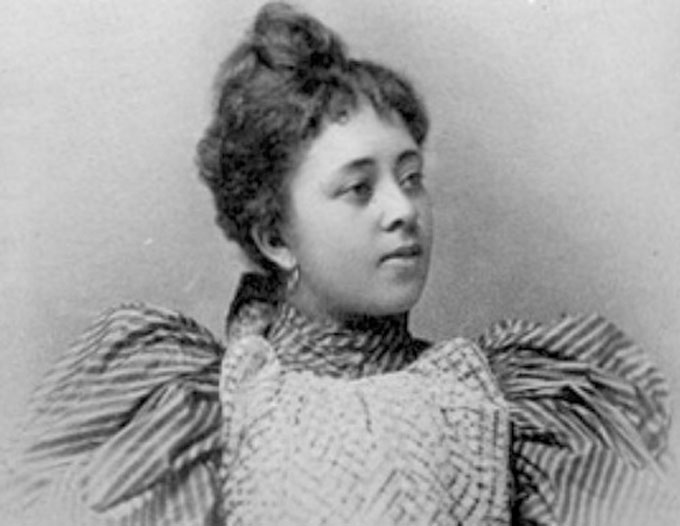
1872—Charlotte E. Ray becomes the first Black female lawyer in American history. Born in New York City to a journalist father and a politically active mother, Ray was a brilliant student who was teaching at Howard University in Washington, D.C., by the time she was 19. By age 22 she had her law degree and was admitted to the D.C. bar. However, sexual and racial discrimination forced her to abandon her law practice and return to New York to teach. She died Jan. 4, 1911.
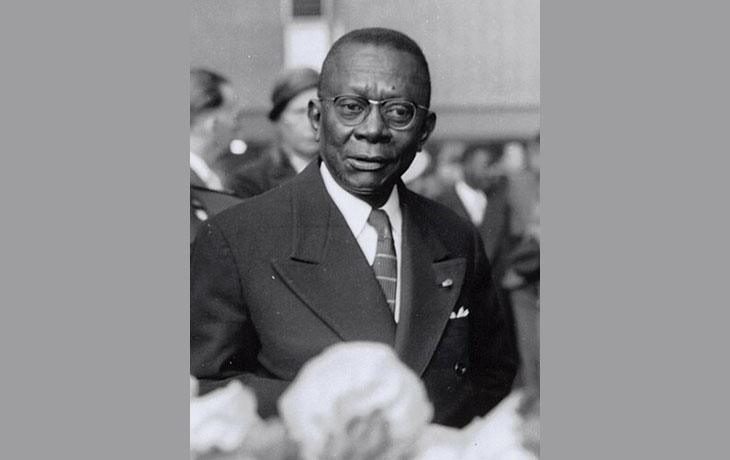
1971—Liberian President William Tubman dies. Tubman and his strong-man rule had kept the West African nation founded by freed American slaves relatively stable but not necessarily democratic. His death laid the foundation for the anarchy and civil wars which would grip the nation for the next 30 years. Tubman also headed a class of so-called Americo-Liberians who often discriminated against the native African population.
-
APRIL 24
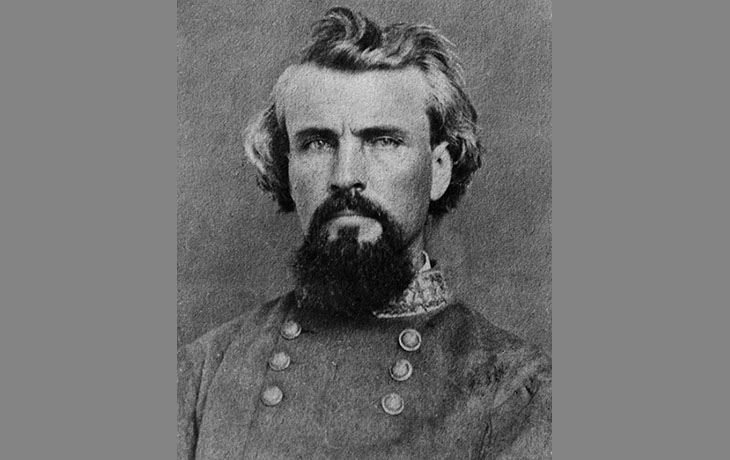
1867—The first national meeting of the Ku Klux Klan is held at the Maxwell House in Nashville, Tenn. The White supremacist organization and its various offshoots would go on to launch a wave of terror, which would result in death and injury to thousands of African Americans over the years. The Klan would remain the nation’s most powerful anti-Black terrorist organization for the next 70 years. The first chapter, however, was actually formed a year earlier in Pulaski, Tenn. Most of the early Klan members were former soldiers of the defeated Confederate Army from the Civil War. The group’s initial aim was to spread fear among Blacks and prevent them from voting. But as the organization grew, it expanded into anti-Jewish, anti-Catholic and anti-foreigner activities. The first grand wizard was Nathan Bedford Forest.
1944—The United Negro College Fund is incorporated. Over the years, the fundraising activities of the UNCF would result in thousands of college educations for African Americans.
1944—Whites only political primaries are declared unconstitutional. In a case known as Smith v. Allwright, the United States Supreme Court ruled that a “Whites only” primary law, which excluded Blacks from voting, was a violation of the 15th Amendment and was thus unconstitutional. Such laws had been common throughout the South.
-
APRIL 25
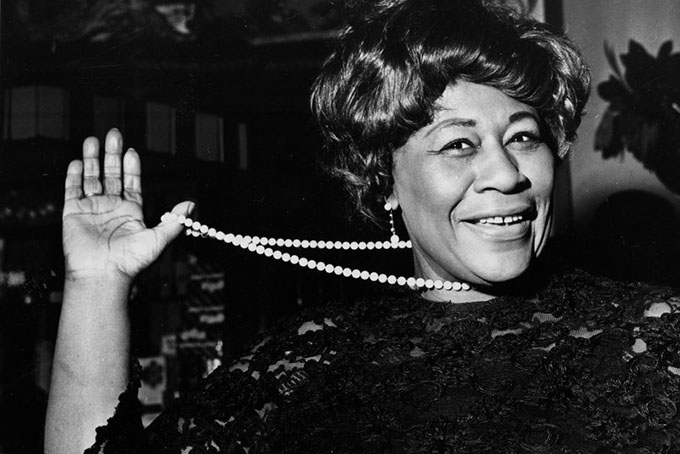
1918—Jazz singing legend Ella Fitzgerald is born in Newport News, Va. Orphaned at an early age, Fitzgerald was literally living in the streets when she was discovered in Harlem, N.Y., by bandleader Chick Webb. Despite never having received formal vocal training, musical experts often compared her techniques and vocal range to that of a conservatory trained singer. One of the ultimate compliments to her abilities was given by the great song writer Ira Gershwin who said, “I didn’t realize our songs were so good until I heard Ella sing them.” Fitzgerald died at the age of 79 on June 15, 1997.
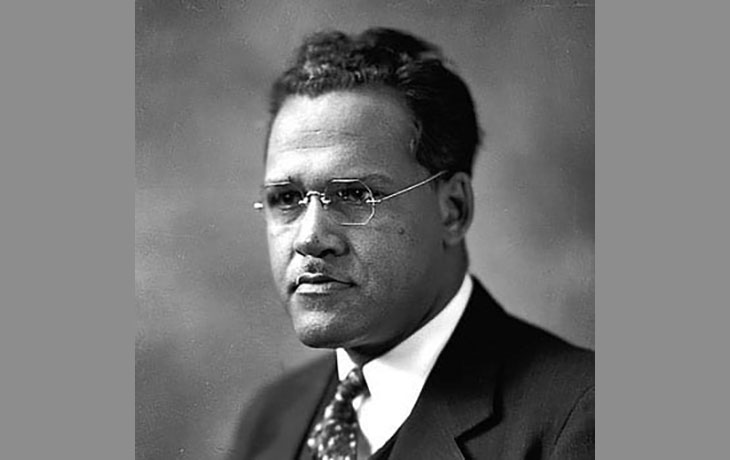
1943—Tuskegee Institute President Frederick Patterson writes his famous letter (published in the Pittsburgh Courier) urging the presidents of the nation’s predominantly Black colleges and universities to “pool their small resources and make an appeal to the national conscience” in order to produce more scholarship funds for the education of Black students. One year later the United Negro College Fund is incorporated with 27 member colleges.
-
APRIL 26
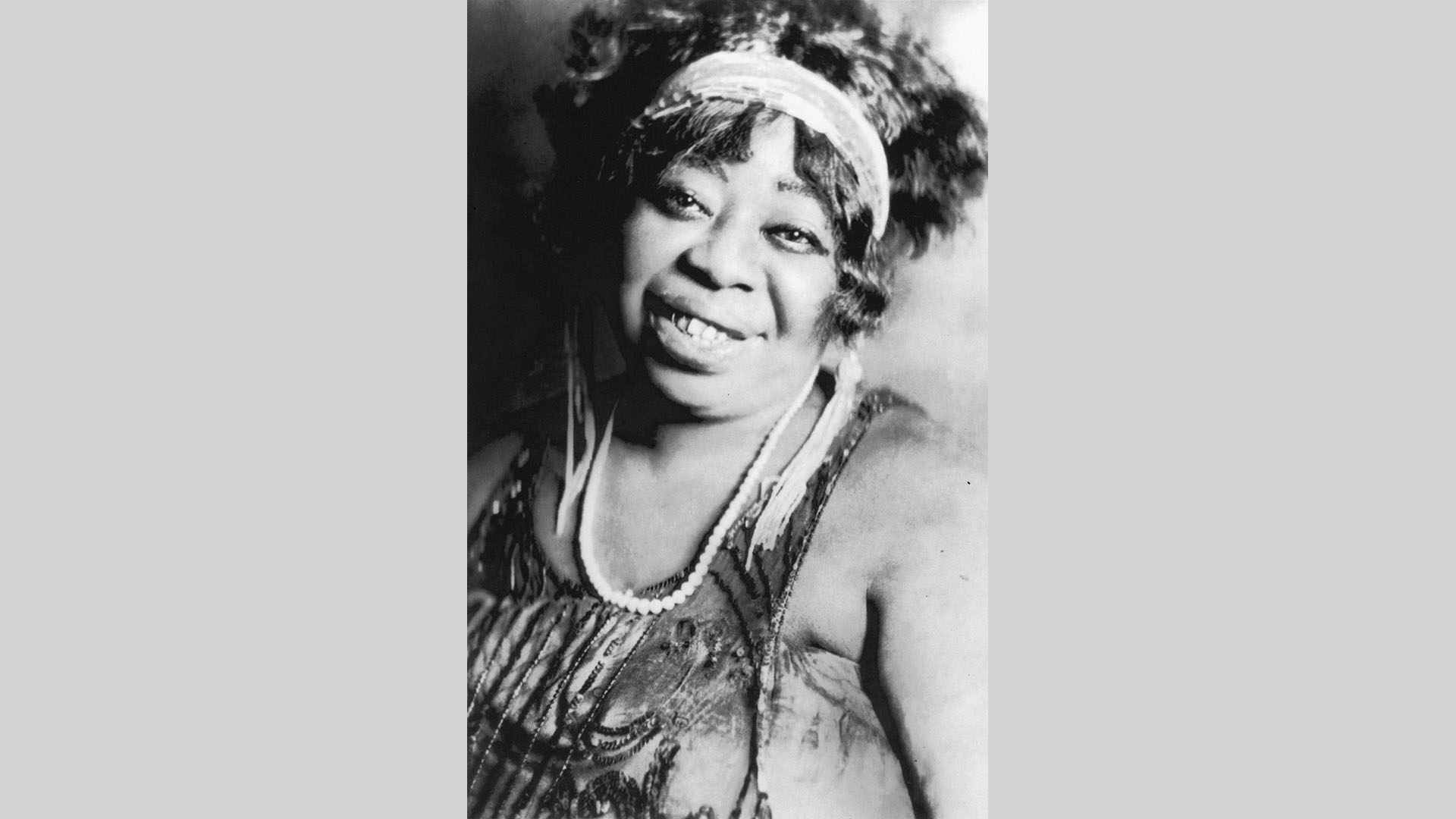
1886—The “mother of the Blues” Gertrude “Ma” Rainey is born Gertrude Pridgett in Columbus, Ga. She began her career touring with the Rabbit Foot Minstrels. She was the first person to sing the Blues in minstrel shows. Rainey also coached, then young Blues singer Bessie Smith who would become more famous and celebrated than Rainer. Rainey died Dec. 22, 1939.

1994—The first all race elections take place in then White ruled South Africa. The elections would bring an end to 300 years of White minority rule, known as apartheid, in the African nation as well as bring about the election of Nelson Mandela as the country’s first Black and democratically elected president. Mandela had spent 27 years in prison because of his leadership of the African National Congress which had led the struggle against apartheid.
-
APRIL 27
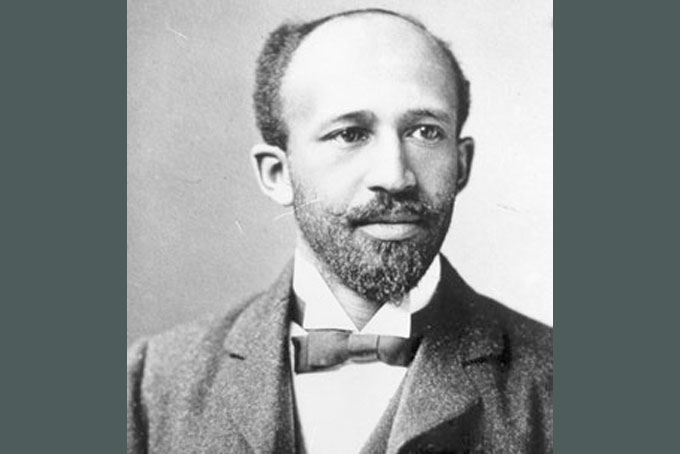
1903—W.E.B. DuBois’ “The Soul of Black Folks” is published. The book did much to outline and summarize progressive African American thought and opposition to the accommodation policies of Booker T. Washington—then the nation’s foremost Black leader. DuBois argued that “the problem of the 20th century is the problem of the color line” and labeled Washington’s program as one of “industrial education, conciliation of the South, and submission and silence as to civil and political rights.” A collection of DuBois’ papers are currently being placed online by the University of Massachusetts.
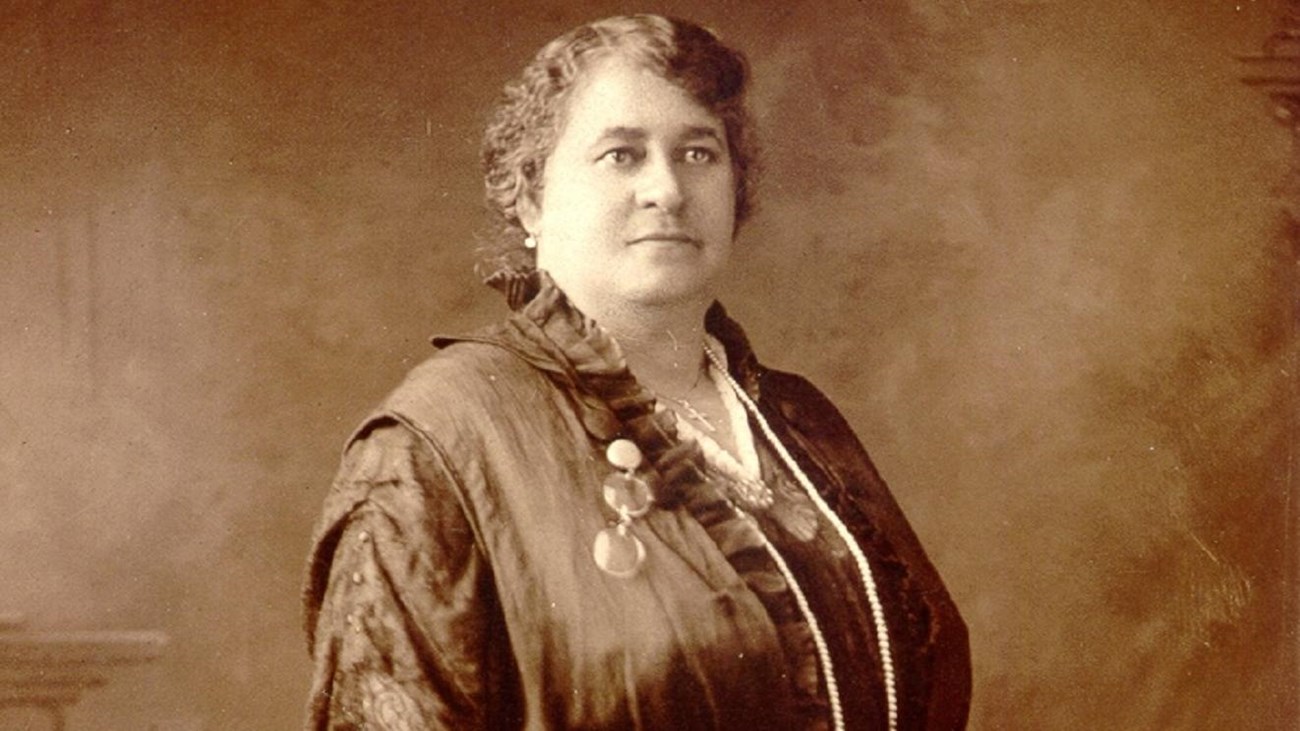
1903—Maggie Lena Walker becomes the first Black woman to head a bank in America. In fact, she was the first woman of any color to head a bank when she was named president of the St. Luke Bank and Trust Company in Richmond, Va. Walker was an outstanding businesswoman who took over Richmond’s Order of St. Luke when it was nearly broke and rapidly losing membership. Within a few years the Order owned a bank, a newspaper, a printing press and a three-story department store despite the active opposition of Richmond’s White business community. Walker also helped found the Lilly Black Party in part as a slap at the segregated “Lilly White” political parties of the day. One of her mottos was “Don’t get angry, get busy.” She died Dec. 15, 1934.
-
APRIL 28
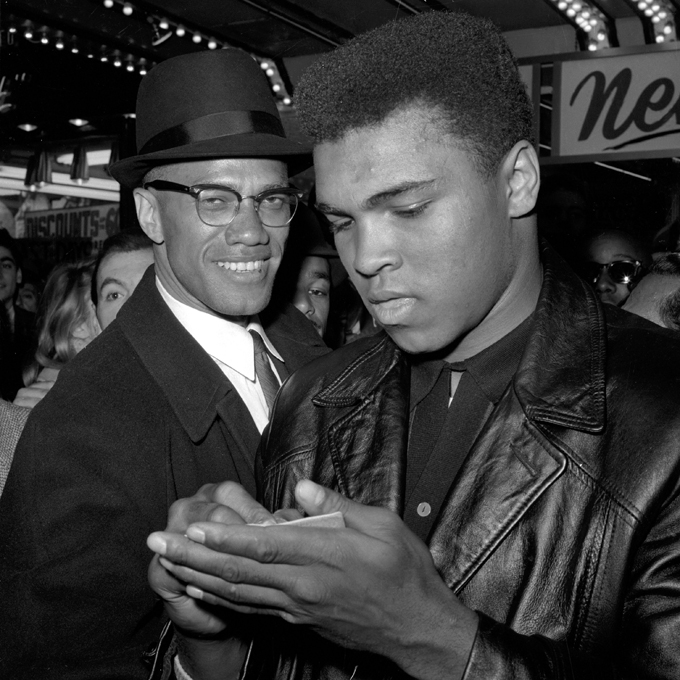
1967—The World Boxing Association and the New York State Athletic Commission withdraw recognition of Muhammad Ali as world heavyweight boxing champion because of his opposition to the war in Vietnam and his resulting refusal to serve in the U.S. military. One of his famous phrases during the controversial period was, “I ain’t got no quarrel with those Vietcong.” In addition to being stripped of his title and license to box, Ali was sentenced to five years in prison for refusing to be inducted into the military. However, four years later the U.S. Supreme Court overturned the conviction and Ali was allowed to box again.
-
APRIL 29

1992—This was the first day of the Los Angeles riots which were sparked when a nearly all White jury acquitted four White cops in the brutal beating of Black motorist Rodney King even though the beating had been caught on tape. Two of the cops were later convicted on federal civil rights charges. The riots left at least 50 people dead, nearly 1,000 injuries and an estimated $1 billion in property damage.
